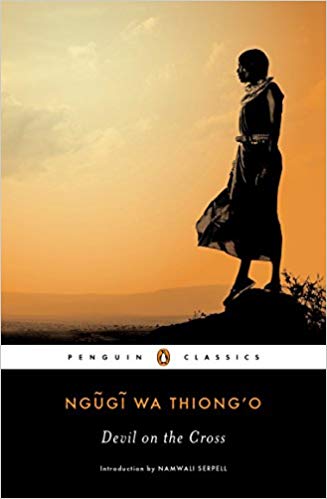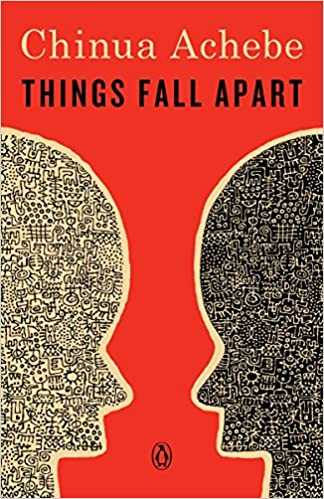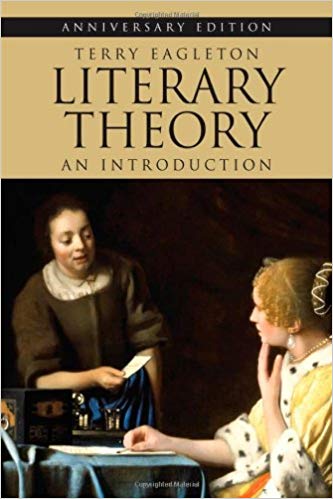M, W 3:30-4:50
Classroom: AUD 217
My Office: LANG 408D; My Email: mraja@unt.edu
Office Hours: M, W 10:00-12:00 and by Appointment
Introduction
With the rise of recent populist nationalisms all over the world, the varied pronationalist models of global and local political and cultural identities seem to be in an urgent state  of crisis. This crisis of the larger world systems, in fact, has always been an underlying feature of the world order, one could argue that neoliberal globalization caused the rise of nationalist politics, but has only now gained some obvious traction in the popular imaginary. This course hopes to offer a complex understanding of neoliberal globalization and cosmopolitanism within the focused frame of nationalism.
of crisis. This crisis of the larger world systems, in fact, has always been an underlying feature of the world order, one could argue that neoliberal globalization caused the rise of nationalist politics, but has only now gained some obvious traction in the popular imaginary. This course hopes to offer a complex understanding of neoliberal globalization and cosmopolitanism within the focused frame of nationalism.
We will read some insightful theoretical texts about globalization, cosmopolitanism and nationalism and then use the insights provided by these texts to read a few novels from various parts of the world. It is my hope that after this course the students will be able to better understand the terms included in the tile of this course and will be able to incorporate the theoretical knowledge gained in class to their future studies of the novel.
Required Texts:
Huthinson and Smith. Nationalism. Oxford UP, 1994.
Zygmunt Bauman. Globalization. Columbia Up, 1998. [GLO]
Robbins and Cheah. Cosmopolitcs. Minnesota, 1998. [COS]
Ngugi Theong ‘O. Devil on the Cross. Heinemann, 1982. [DOC]
Buchi Emecheta. Joys of Motherhood. George Braziller, 1979.
Earl Lovelace. The Dragon Can’t Dance. Longman, 1979.
Rohinton Mistry. A Fine Balance. Vintage, 2001.
A Guide on online Textbook Rentals
Additional Resources
- Fanon. “On National Culture.”
- Ngugi. “The Language of African Literature.”
- Jameson. “Third-World Literature in the Era of Multinational Capitalism.”
- Aijaz Ahmad. “Jameson’s Rhetoric of Otherness and the “National Allegory.
- Five Questions to Ask While Reading “A Fine Balance” By Rohinton Mistry.
- Reading Notes for “Devil on the Cross” by Ngugi wa Thiong’o
- “The Joys of Motherhood”: Reading Notes
- “The Dragon Can’t Dance” Reading Notes
Course Policies and Requirements:
You are expected to come prepared for class: This involves reading the assigned texts, listening carefully to your peers, and contributing your views in a collegiate and stimulating way. Attendance is mandatory.
Distribution of Points:
Discussion Leader 200 Points
Discussion Leader: (200 Points)
Each one of you will be asked to lead discussions on assigned readings on rotation basis. The rotation will be decided in an alphabetic order.Your role as discussion leader will involve the following:
- An oral presentation covering the assigned text in detail. (100 Points).
- A written response (minimum two double-spaced pages) submitted on the same day. (100 Points).
Discussion Respondent: (200 Points)
Mid-Term Exam:
Class Participation:
As this is a seminar based on a discussion format, your thoughtful participation is essential to the success of the class. I encourage collegiate, open, and thought-provoking class discussions. Remember, we are all here to learn, so let us share our ideas and knowledge to make this class into a dynamic learning experience.
Term Paper: (Guidelines)
The final term paper will be due on the last day of class. The paper should be 15-20 pages, with a clearly defined thesis and a coherent argument using one or two of the theoretical approaches discussed in class. I would encourage you to choose your topic early and do extensive research. I will be available to assist during all stages of your research and composition process.
You are expected to attend the class regularly. You will be in the danger of failing the course if you miss more than TWO class sessions.
Plagiarism
Plagiarism is against the law, and will result in automatic failure in the course. Simply stated, plagiarism is when you try to pass anyone else’s work as your own or if you turn in your own work written for another class.
Please review UNT Policy on Academic Integrity for details.
ADA
If you have a disability, please contact the campus ADA office and bring me the necessary documentation. I will try my best to accommodate you if you need any special instruction or assistance.
SENATE BILL 11 (“CAMPUS CARRY”). Students must read UNT’s policy on concealed handguns on campus, which I’ve posted on Blackboard (or see http://campuscarry.unt.edu/untpolicy.) Here I note that 1) only licensed persons may legally carry handguns on campus, and 2) this right only authorizes the licensed carrying of “handgun[s], the presence of which is not openly noticeable to the ordinary observation of a reasonable person.” Per policy, if a gun is “partially or wholly visible, even if holstered,” it’s not legal on campus, whether or not it’s licensed. I report all illegal activities to the UNT police, regardless of their nature.
“ACTIVE SHOOTER SITUATIONS.” All students should be aware of UNT’s guidelines for responding to “active shooter situations” (seehttp://emergency.unt.edu/get-prepared/Active-Shooter).
Grading Scale:
A 900-1000
B 830-899
D 600-738
F Less than 600 Points
Weekly Schedule:
Discussion:
Discussion Leader and Respondents on Assigned Readings.



Leave A Comment